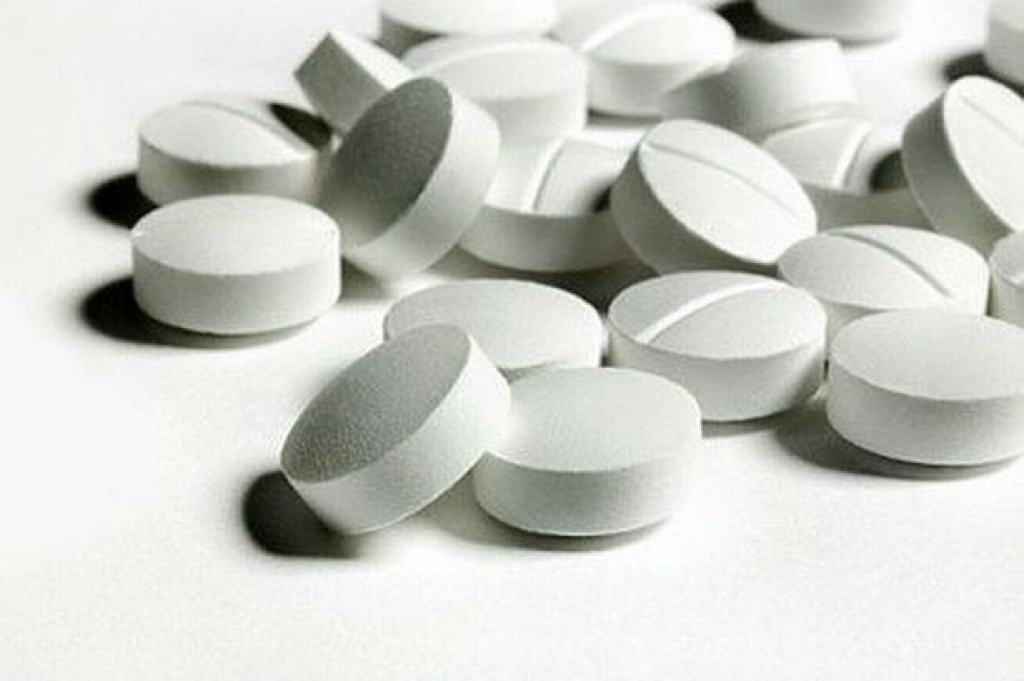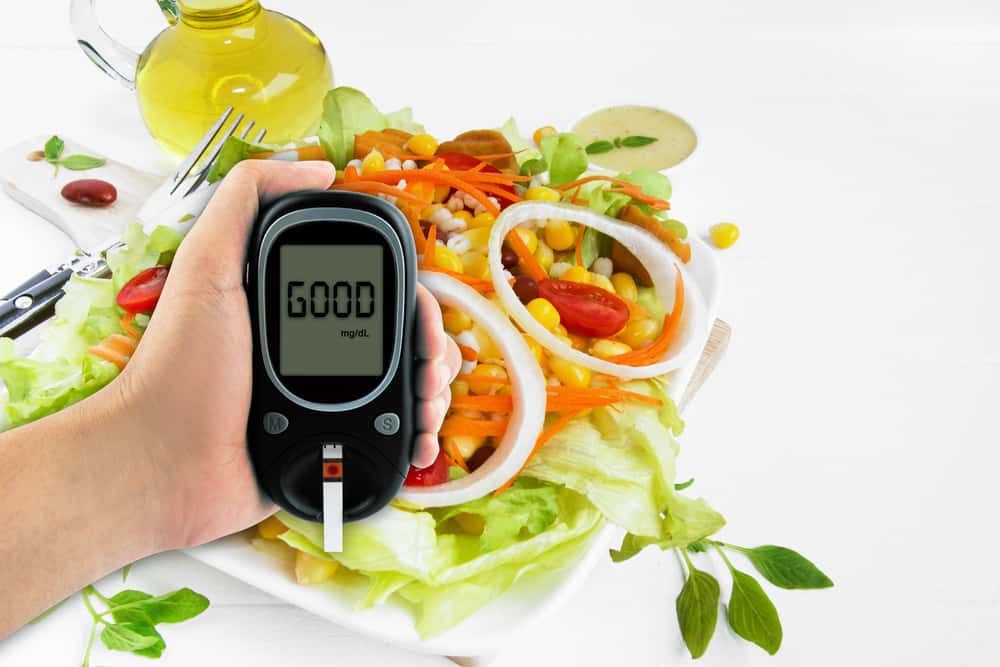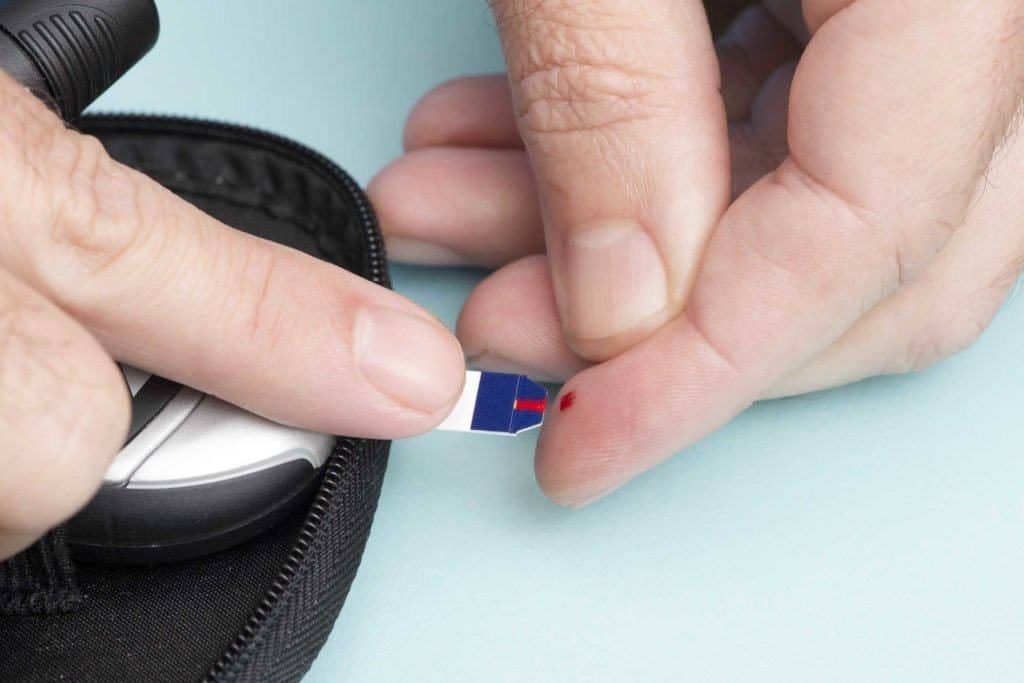Contents:
- Medical Video: Liver Transplant Medications - Zantac
- Benefits of ranitidine 150 mg
- Who should be careful before taking ranitidine?
- What are the side effects of ranitidine?
Medical Video: Liver Transplant Medications - Zantac
The human body produces acids to help the digestive system digest food. However, in some conditions, the production of this acid is excessive to ultimately disrupt the performance of other digestive organs. Ranitidine is one of the drugs that can be used to overcome excessive digestive acid production. Ranitidine is often available in the form of tablets measuring 150 mg and 300 mg. What are the benefits of ranitidine 150 mg?
Ranitidine can be taken by prescription or without a prescription. However, it is highly recommended that you discuss it with your doctor and pay attention to the instructions in the package first before consuming it. Ranitidine is usually taken by mouth (oral). The dose you will consume depends on the extent of your health condition.
Benefits of ranitidine 150 mg
Ranitidine besides having the ability to reduce the acid content in your body, it also has several other benefits such as:
- Overcoming wounds and bleeding in the walls of your esophagus caused by high stomach acid.
- When combined with certain antibiotics, ranitidine 150 mg can handle infections in your stomach.
- Overcoming digestive disorders caused by rising stomach acid into the esophagus or commonly known as gastroesophageal reflux disease (GERD),
- Overcome increased production of the hormone gastrin, a hormone that stimulates the secretion of stomach acid, in the body.
- Overcome to stop the increase in gastric acid secretion. The condition of the many acids can cause pain, difficulty digesting until the stomach feels hot (heartburn).
- Prevents the appearance of sores on the stomach wall as a side effect of using a drug.
- Stop the production of transient stomach acid when anesthetic action is taking place.
Who should be careful before taking ranitidine?
Before taking ranitidine, you should first discuss it with your doctor if you are in a number of conditions, including:
- Have gastric cancer.
- Has kidney problems.
- Have gastric ulcer and take non-steroidal anti-swelling drugs such as aspirin (NSAIDs).
- Has a hereditary disease lack of glycine hormone which functions to form components of red blood cells.
- More than 65 years old.
- Has lung disease, diabetes and immune system disorders.
- Are taking other drugs, whether or not according to a doctor's prescription.
- Being pregnant or breastfeeding.
- Have allergic ranitidine or other substances contained in it.
What are the side effects of ranitidine?
Unfortunately consuming ranitidine 150 mg can sometimes cause some side effects, including:
- Allergic reactions, such as a rash or itching on the skin, swelling in some parts of the body (face, lips, tongue etc.), difficulty breathing and the onset of chest pain, fever to feel dizzy when standing
- Disorders of the kidneys that cause pain in the back to the appearance of blood in the urine.
- Pain in the abdomen that is very painful.
- Slow heartbeat.
- The appearance of nausea and difficulty in defecating (constipation).












